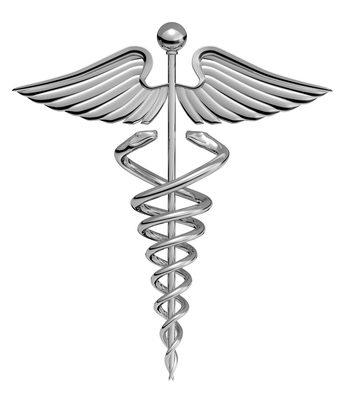Opioid Abuse Signs and Symptoms
- Uncharacteristic Elation or Euphoria
- Constricted Pupils
- Severe Sedation or Drowsiness
- Confusion and Constipation
- Slowed Breathing
The the nation in the throes of an opioid epidemic, all types of individuals are falling victim to opioid addiction. Opioids refer to any drug, manmade or natural, that derived from opium or replacing the opiate receptors in the brain. If you or someone you care about might be experiencing the effects of opioid dependence and unhealthy use, there is help available. Here is information about the 5 main signs to look for and why they could signify an opioid problem.
1. Uncharacteristic Elation or Euphoria
Elation refers to extreme joy and exhilaration. Euphoria refers to the state of complete happiness. One should be concerned when the elation or euphoria is uncharacteristic. For example, they occur suddenly amid a long period of sadness and lack of energy. Perhaps the expressions of euphoria and elation are over the top, and the person does not seem to realize this. It is also concerning if the person is experiencing these emotions during a situation that should evoke the opposite, such as following the loss of a job or the death of a loved one. Opioids have an uncanny ability to bring temporary euphoria and elation to the most anxious, depressed, and grieving individuals, which is what makes them so tempting.
Related: How Much do Alcohol and Drug Counselors Make?
2. Constricted Pupils
Narrowing of the pupils is a physical sign of opioid abuse. This happens because opioids cause the parasympathetic nervous system, the system that normally responds to stress, to go into hyperdrive. Pupils constrict in order to reduce the amount of light entering through the eyes as part of the body’s way of reducing the amount of stimulation. Constricted pupils are particularly suspicious when the person is in dark room or outside in low light, when the pupils would normally dilate.
3. Severe Sedation or Drowsiness
Opioids are known as “downers,” because they create a false sense of calm and relaxation. People who are anxious and anguished are therefore the most vulnerable to abusing them. If someone is habitually sedated and drowsy, this may be a sign. This is especially concerning if it happens frequently, impairs functioning or leads to missing obligations, occurs when the person has had plenty of rest, or occurs during a situation that should naturally evoke alertness.
4. Confusion and Constipation
Confusion and constipation are two other side effects of the slowing process induced by opioids. Confusion is the result of the slowing of connections made in the brain. Constipation is the result of the slowing of the body’s normal digestion processes, as well as the paralysis of the bowel muscles. CBS News offers more in-depth advice on identifying some of these more subtle signs.
5. Slowed Breathing
The slowing effect of opioids also slow the cardiovascular system. This is very concerning, as the heart rate and breathing may slow to the point of coma or even death. This is the cause of death in opioid overdose. If you are close enough to someone to notice that their breathing is slow, and they have been displaying other signs of opioid dependence, this is the time to seek medical help for them immediately.
An opioid addiction is typically born out of desperation for relief from physical pain, emotional anguish, or in many cases both. Due to their effect on brain chemistry, opioids are some of the most addictive and deadly substances. The sooner one seeks help, the better the outcome.
